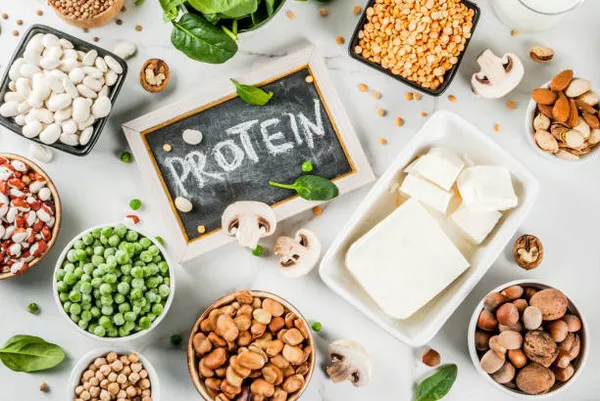A study published in JAMA Network Open by researchers at the University of São Paulo’s Medical School reveals that while Brazilian vegans generally meet their protein and essential amino acid requirements, many rely on ultra-processed products. The study involved 774 participants and found that those consuming fewer industrialized items, like protein supplements and textured soy protein, were more likely to fall short on protein intake.
Despite the common belief that vegan diets lack sufficient protein, lead researcher Hamilton Roschel emphasized that the findings demonstrate nutritional adequacy. Participants primarily consumed unprocessed and minimally processed foods, which accounted for 66.5% of their energy intake, compared to 13.2% from ultra-processed items. In contrast, the general population’s consumption of these food categories is 44.9% and 23.7%, respectively.
The research indicates a correlation between adequate protein intake and the consumption of ultra-processed products, with textured soy protein (TSP) and plant-based supplements playing key roles. Although ultra-processed foods are often linked to health risks, Roschel pointed out that not all are detrimental; for example, TSP can be a valuable protein source for vegans.
The study advocates for policies promoting access to healthier, natural foods and enhancing nutritional education, especially as the market for plant-based products grows. Researchers stress the importance of transparency in the composition and health benefits of these products to ensure informed dietary choices among consumers.
You Might Be Interested In:
-
ECU Study Highlights Importance of Accurate Evaluation for Pediatric Antibiotic Allergies
-
Study Highlights Role of Human Breast Milk in Shaping Infant Microbiome and Respiratory Health
-
Bipolar Disorder Associated with Sixfold Increased Risk of Early Death from External Causes


